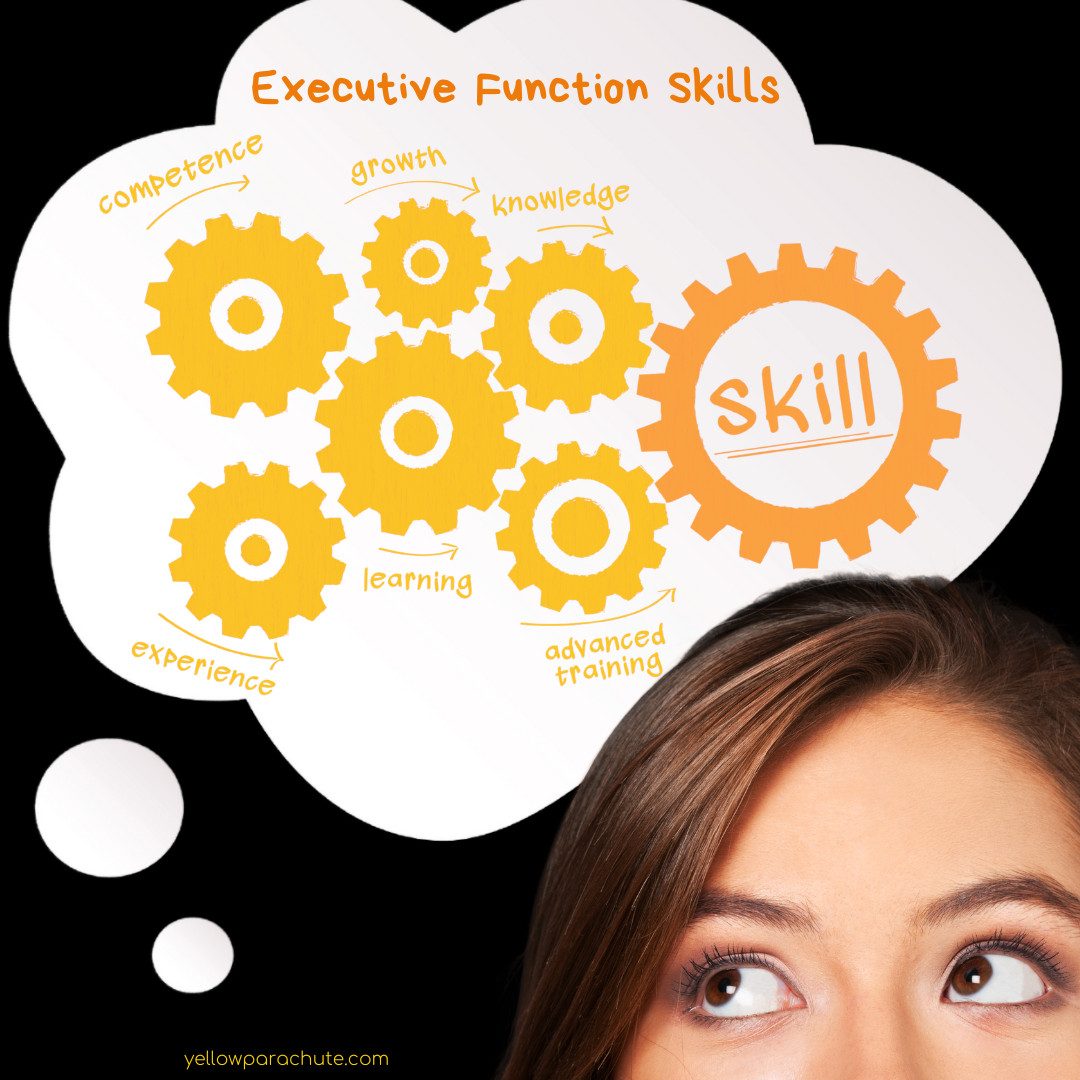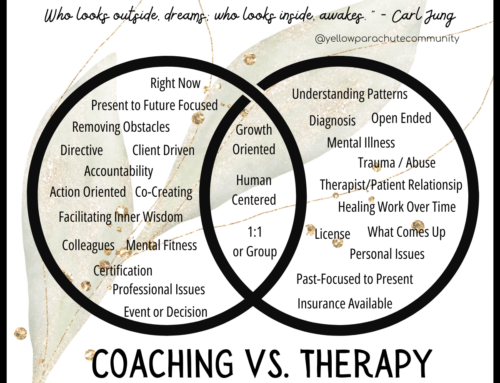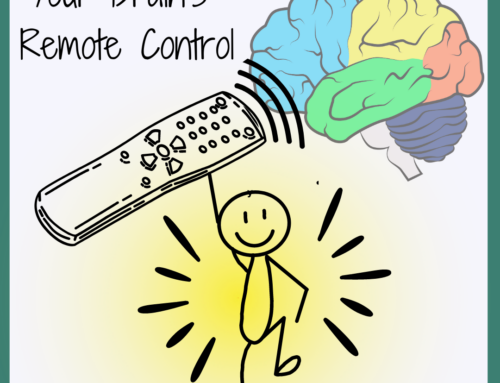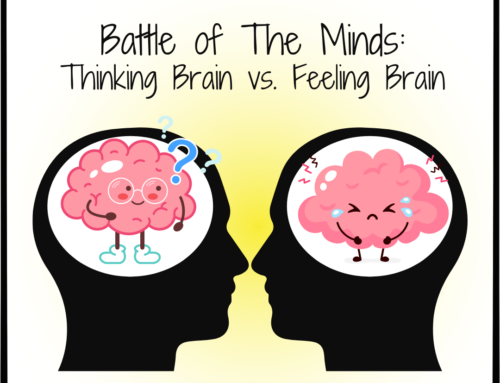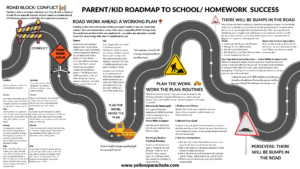When parenting students with executive function weaknesses – with or without your own executive function weaknesses – life can feel a lot like Groundhog Day.
Why is this happening again? is a question I often hear from parents during EF (Executive Function) skills performance coaching sessions. And, transparently, it is a question I wonder at least once a day in my own home.
The answer to this question is very simple but nonetheless frustrating: because the routine areas of life are precisely where executive function weaknesses show up.
How many items on this list do you or your loved ones identify with?
- Find it hard to figure out how to get started on a task
- Can focus on small details or the overall picture, but not both at the same time
- Have trouble figuring out how much time a task requires
- Do things either quickly and messily or slowly and incompletely
- Find it hard to incorporate feedback into work or an activity
- Stick with a plan, even when it’s clear that the plan isn’t working
- Have trouble paying attention and easily distracted
- Lose a train of thought when interrupted
- Need to be told the directions many times
- Have trouble making decisions
- Have a tough time switching gears from one activity to another
- Don’t always have the words to explain something in detail
- Need help processing what something feels/sounds/looks like
- Not able to think about or do more than one thing at a time
- Remember information better using cues, abbreviations or acronyms
Whether you mentally checked 2, 5, or 10 of these boxes, there is hope!
It begins with your approach. Here are three steps to transform your mindset in supporting EF Skills:
- Assume best intent. Executive functions weaknesses are based in the brain but show up as behaviors. The behaviors are not character or personality flaws. They are a very normal part of executive function issues. Neither you nor your student are the sum of your behaviors.
- When your students forget the little things, remember this: it is precisely because they are perceived as little things. The interest-based nervous system of ADHD ignores things like flushing the toilet, putting laundry away, picking up items around the house, keeping things organized. Yes – even turning in the assignment. (Sigh.)
- Skills can be practiced. Remember when your student learned to walk, ride a bike, hit a baseball, write their name, build a tower, play an instrument, or any other accomplishment: you watched the gradual progress toward success. In the same way, you can support gradual progress toward EF skills independence. There will be ups and downs, stops and starts, but executive function skills can be practiced and learned!
Next steps from here:
Make a list and connect: What progress has your student already made this year? What are some goals that you can agree to practice? Choose one skill and build a vision of what it will look like when that skill is accomplished. What are the smallest steps your student can take to get there, one step at a time? Remember how many times they have to fall off the bike, and how many times you have to support the bike, in the process of helping with these skills you can’t see.
Do you want support in creating this vision, goals, and practice plan? Connect with Student Connector Jenny McKeand to find out about Quantum Jump Coaching for students and parents, including online and self-paced group courses for parents!
Yours in the journey,
Cara

